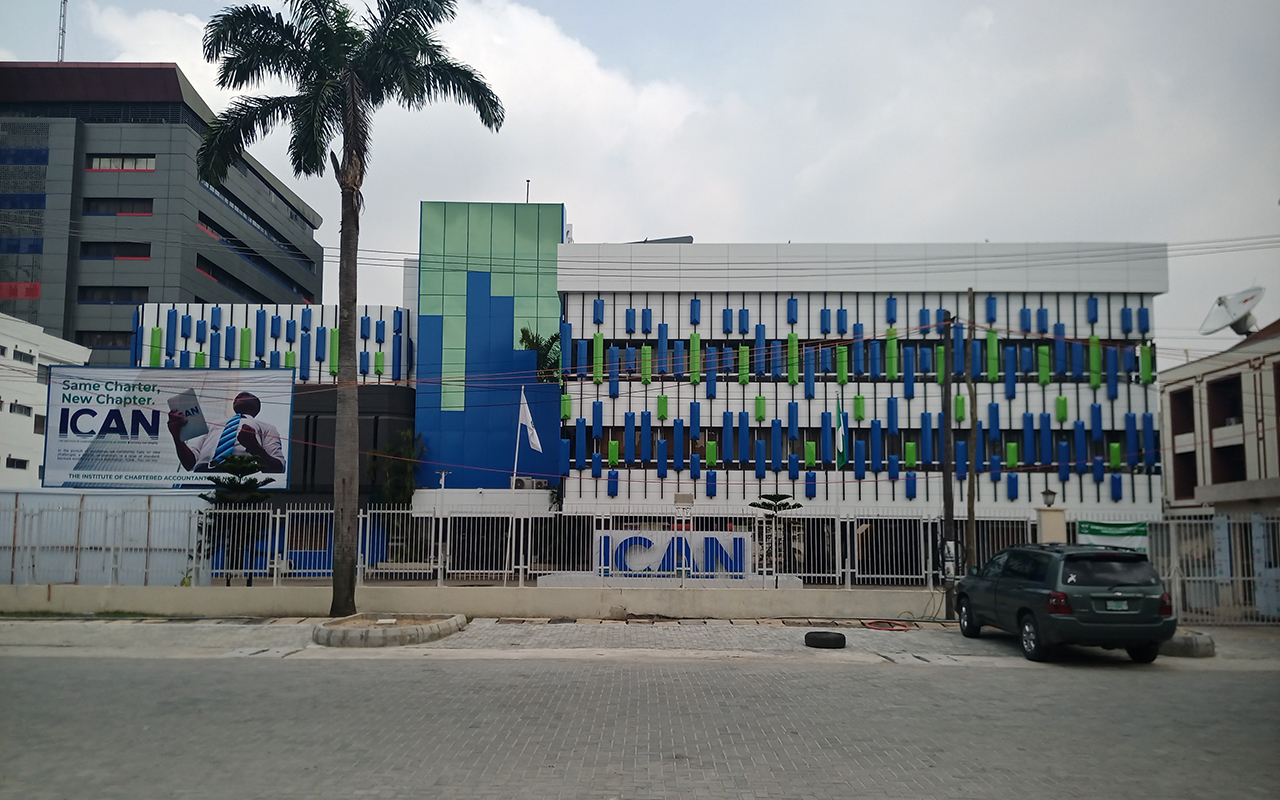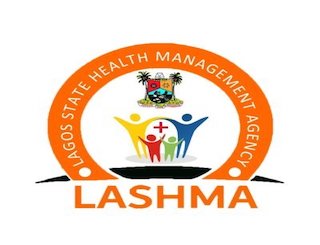• Nextier holds dialogue
SB Morgen (SBM) Intelligence, a geopolitical research firm, has reported that food prices in Nigeria decreased marginally in the third quarter (Q3) of 2025.
However, the decline did little to ease the strain on households as insecurity and poor logistics continue to drive the country’s food inflation.
The research firm, in its latest report, entitled ‘Jollof Index Q3 2025: A Tale of Two Economics’, stated that the national average Jollof index fell by 3.17 per cent from N27,528 in June to N26,656 in September.
SBM said the moderation, however, was “non-linear and fragile”, driven mainly by seasonal harvests rather than structural improvements.
“Nigeria’s food affordability crisis remains acute. The easing of inflation is largely statistical, not practical,” the report said.
The research firm partially credited the easing momentum to government interventions, notably import waivers for key food items, which improved market supply, and a more stable naira, which helped curb the cost of imported inputs.
“However, the temporal pattern of price relief indicates a deep structural challenge,” SBM said.
In a related development, Nextier, a prominent public policy think tank, has also disclosed that over eight million Nigerians have been displaced by conflicts and climate shocks, while critical services are disrupted due to funding constraints.
Nextier, while announcing the hosting of a high-level policy dialogue, emphasised the need to reassess Nigeria’s reliance on dwindling international aid flows and to explore innovative pathways towards resilience.
The session, scheduled for this Friday, will focus on identifying practical and scalable models that reduce aid dependency while safeguarding essential services in health, education, food security, and livelihoods.
The dialogue will convene senior policymakers, philanthropy leaders, civil society actors, diaspora representatives, and private sector partners to engage in evidence-driven conversations to generate actionable strategies for resilience and sustainable development in Nigeria and across Africa.
It further explained that the programme, scheduled from 10 a.m. to noon, includes presentations, panel discussions, and audience contributions.






